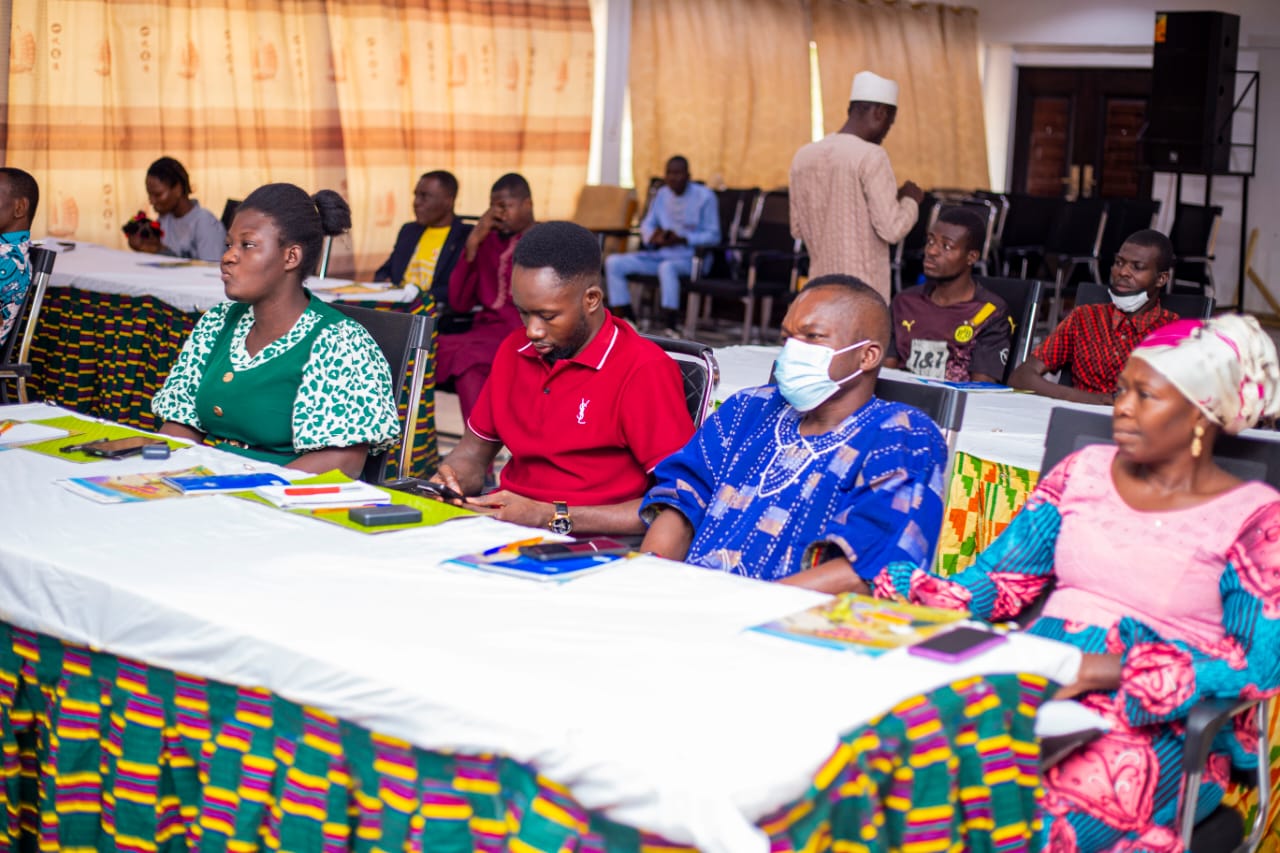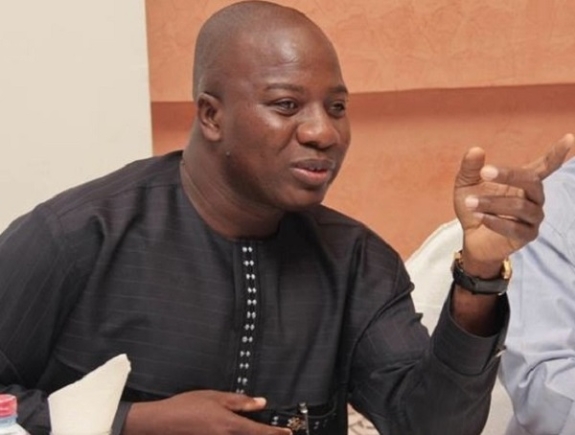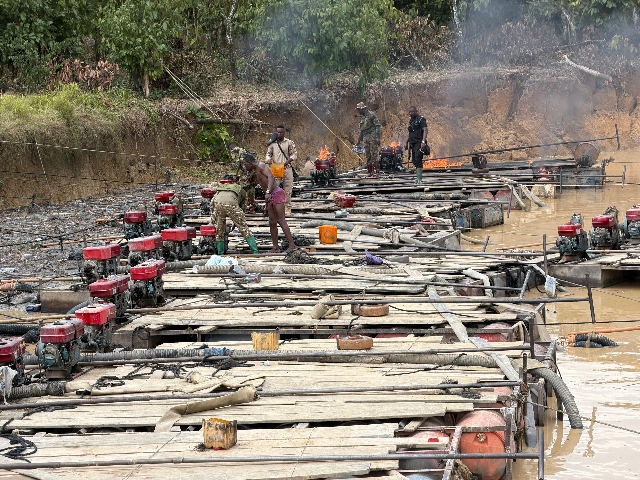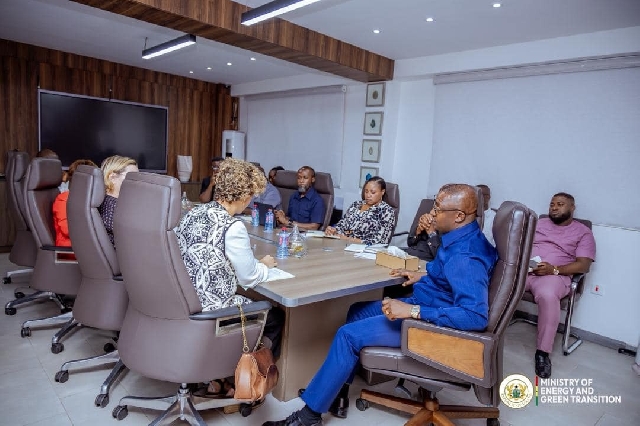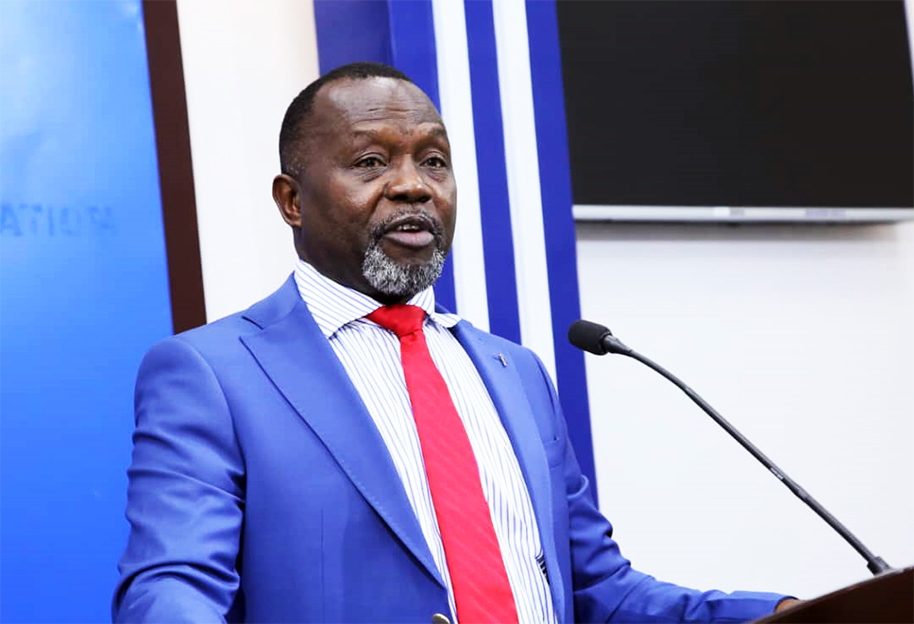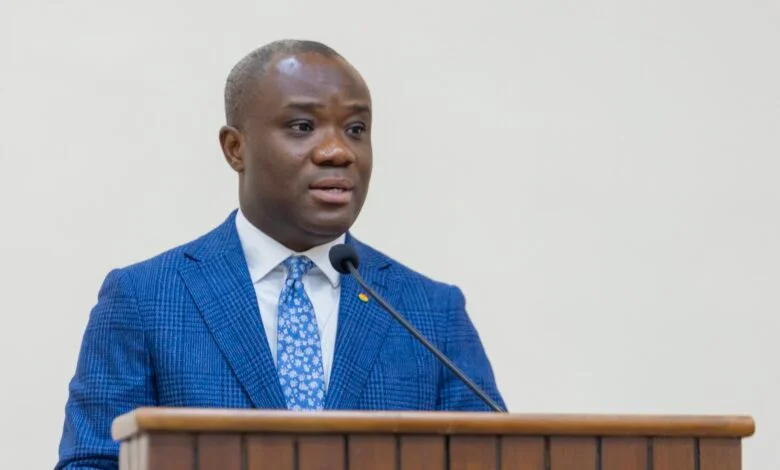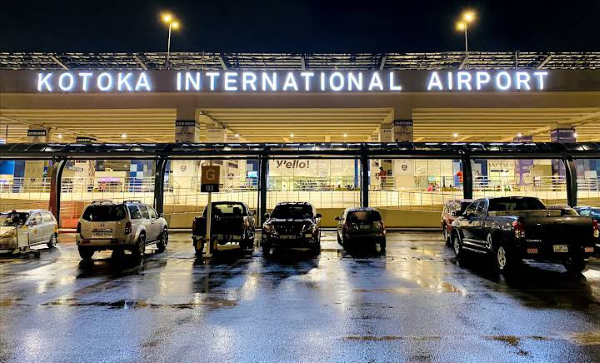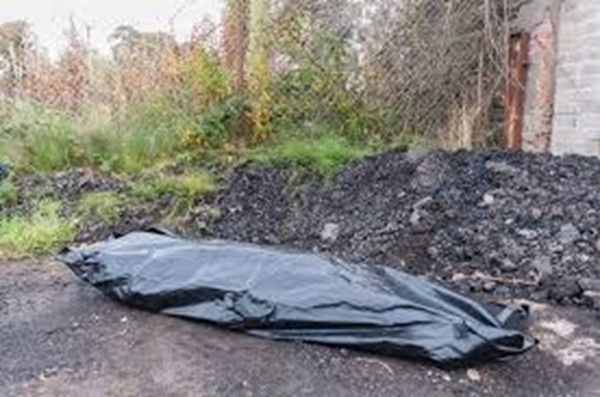Ghanaians across the globe have registered some level of displeasure following the disgraceful acts witnessed in Parliament on Wednesday midnight by Parliamentarians. Unfortunate acts such as kicking ballot boxes positioned to elect the Speaker of Parliament, unprinted words by some aggrieved members of Parliament, members of the NDC decided to seat at the right side of the Speaker and claiming majority, dragging and snatching of ballot boxes between the NDC and NPP representatives and above all the invasion of the military in the Parliament Chamber are some of the regrettable drama series witnessed by those we voted to make laws on our behalf. However, international relations and security expert, Francis Abugbilla, described the actions of these members of Parliament as unfortunate. According to the Security Expert, the ignorance of MPs would have put the country in more trouble if, they were senior military officers or anyone interested in a coup d’état inside the Parliament Chamber that very day. He told Apexnewsgh.com in an exclusive interview. “First of all, the Constitution of Ghana is clear about the mandate of the different security forces where and when they can operate. So, with the military it is clear that they are supposed to protect and defend the territorial integrity of Ghana, that is what the Constitution says and not when it has to do with the internal disorder that the police service is mandated by the Constitution to be able to deal with . So, what happened in Parliament, the police were supposed to be called in, if the parliamentary marshals were not able to contain the disorder that was taking place in the Chamber and not the military as they did.” “Yes, of course, they could have been called by the Minister for Defense as it has been alleged but, professionally they were not supposed to respond to a political call that was not within the jurisdiction or the mandate of that political influence to be able to tell them what they were supposed to do.” “In Ghana, unfortunately, most of the things when politicians dictate to institutions that are supposed to be neutral, sometimes, they are inclined to serve the politicians or the political institutions over their core mandate and that is what we saw in Parliament.” “Yes, it was a fertile ground in terms of staging a coup d’état. Basically the President was not in control; it was an activity that was supposed to elect the third most important person in Ghana. So, when the President and the Vice President are not there, the Speaker comes in as the acting President. So, it could have been a coup d’état in that, this was the person they were about to elect that the military came in.” “I am not quite clear here whether, at that particular period, there was a political vacuum in terms of the Presidency because it was the Speaker who was supposed to be sworn in and he swears in the President and the Vice President. So, I am inclined to believe at that point the country didn’t have a President. So, that could be a moment where, if they were senior military officers or people who were interested in causing mayhem, they could shoot warning shots and declare that they have taken siege of the head of government at the time because, if the President and the Vice President were not in power, they would have succeeded.” He stressed. Apexnewsgh.com/Ghana/Ngamegbulam Chidozie Stephen Please contact Apexnewsgh.com on email apexnewsgh@gmail.com for your credible news publications. Contact: 0555568093.
How the shea tree can alleviate poverty and empower women in northern Ghana
The shea tree is promising to be a panacea to the abject poverty in northern Ghana. Since its discovery in the 14th century, the tree has helped to fight food insecurity, treat diseases, body care, among other uses. Regarded as “women’s gold”, over three million rural women in Ghana rely on the shea nut for their livelihood. The shea tree is arguably the most economic and utility tree in the north. The shea industry has the potential of addressing endemic poverty especially among women if government and its development partners pay maximum attention to address challenges in the sector. The government must build and reinforce the capacity of women in the shea sector if we want to end poverty and achieve the SDG 1. Poverty is endemic in the five regions of the north where women are the most vulnerable since they don’t have access to land. These regions continue to have the highest poverty rates; however, substantial progress has been achieved since 2006 in the Upper East region as poverty has dropped from 72.9 per cent in 2006 to 44.4 per cent in 2013. In the same report, the Northern region (now three regions) marginally reduced its poverty level from 55.7 per cent to 50.4 per cent. The statistics show that majority of the rural poor live in the northern part of the country and there is a need for sustainable programmes and policies to alleviate poverty among them. Shea butter offers the best solution. Shea butter has found a market niche, thanks to global capitalism. The market demand for shea butter is a good opportunity for Ghana to capitalize and modernize the shea sector to alleviate poverty in the north. In 2018, shea butter was valued at $1.12 billion and is expected to expand at a rate of between 6.6 per cent and 10.5 per cent CAGR for the forecast period between 2015 and 2025. Shea butter is a top commodity in the cosmetics, food, and the pharmaceutical industries. The food and beverages sectors are projected to be the fastest-growing application segment under the review period. In the food sector, it serves as a cocoa butter equivalent (CBE) due to the rise in world cocoa prices and supply decline in producer countries. For instance, in 2019, shea nuts became the most appreciated non-traditional export (NTE) commodity among the top 10 NTEs in Ghana, with a total value of $27,189,551, a tremendous increase from $14,103,332 in 2018. Despite the huge revenue that shea sector brings to the country in export trade, less than 40 per cent of the nuts are picked annually. The startling report shows that Ghana is operating below its capacity in the shea sector and should take advantage of global demand for the commodity to create more jobs for women. My mother who is an artisanal producer of shea butter doesn’t know the global demand of the commodity. Women dominate the laborious shea butter production system, but earn paltry returns. The government must boost the sector by regulating shea prices so that women benefit from their labor. The government should establish the Shea Development Board to regulate prices. Fair prices will encourage more women to participate at every stage of the supply chain. Producers are willing to invest additional attention in improved product quality if they are motivated by increased returns or some other tangible benefit. The government can buy at reasonable prices from the farmers during bumper harvests and resell at the international market. The government should also incentivize the private sector through tax breaks to create direct and indirect jobs. Research shows that women are disadvantaged in the shea business due to their non-participation in every stage of the supply chain because of illiteracy and lack of skills. The government and non-governmental organizations should build the capacity of women through workshops and trainings to occupy managerial positions. Developing the skills of the rural farmers in the shea butter trade is one of the potent ways of addressing the phenomenon of poverty in abundance of natural resources. When we capacitate women, we empower families and communities because they are the guardians of society. The government needs to invest in machinery to support rural women in the shea sector. Majority of women producers of shea butter in Ghana use traditional methods. In fact, in West Africa, 60 per cent of shea butter produced by women uses manual traditional methods and 30 per cent-40 per cent of the extraction uses semi-mechanized systems. My mother started artisanal production of shea butter before I was born but has never seen an extraction equipment. The government and development NGOs should help the women to acquire shea butter extraction machinery to relieve them of the labor-intensive nature of the job. The government has an opportunity to eradicate poverty in the north by investing in the shea sector. Solvable problems such as price fluctuations, lack of equipment, capacity building, etc. prevent the shea industry from flourishing and reducing poverty. The sector invites the private investors and NGOs to invest and create jobs for women. By Francis Abugbilla Author is a PhD Candidate in International Studies at the University of Washington’s Jackson School of International Studies and is currently pursuing a certificate in International Development Management and Policy. Apexnewsgh.com/Ghana Please contact Apexnewsgh.com on email apexnewsgh@gmail.com for your credible news publications. Contact: +233555568093.

